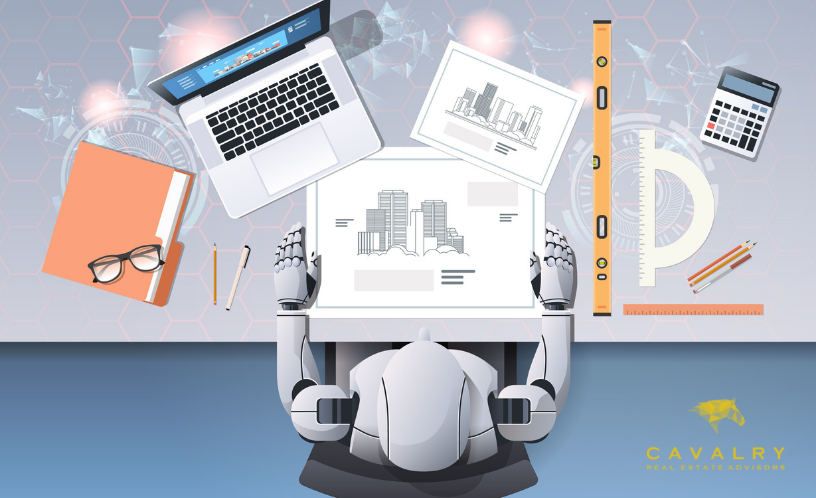The Robots are Coming… Kind Of

The phrase “machine learning” may be one of the most overused and exaggerated terms since “big data” quickly became a mainstream buzzword more than a decade ago. Both phrases have been spouted ad-nauseum by feckless executives and consulting charlatans alike. Regardless of their excessive use, the truth is that both machine learning and big data are very real, even if misunderstood.
Each of them, together and separately, play a vital role in the advancement of technology in virtually every industry despite that both are concepts in theory and practice that have been around longer than most of us have been alive. Big data is a straightforward concept and is almost self-explanatory. Big data, in its simplest form, means “a boatload of data.” And it isn’t that our world simply manifested LOTS of data at some point over the last few decades. The recent evangelizing of the term big data was about our more recent ability to capture, categorize, organize, and use all of that data in an effective and efficient way.
But today’s blog isn’t about big data. Big data is passè. I want to focus on machine learning and explain its role in the context of our business here at Cavalry and why it matters in general. I’m also going to hit you with straight talk, no exaggeration, and no pie in the sky promises about robots handling your tax appeals.
So, what is machine learning? There are an almost infinite number of definitions, but my own layman’s definition is as follows: Machine learning is making computers learn and act more like humans by feeding them data, observations, and outcomes.
At Cavalry, we use machine learning to comb through mountains of real estate and tax data to help identify real – and likely successful – assessment appeal opportunities.
Based on the observations made by our machine learning algorithm we can quantify the magnitude of potential savings, build more effective appeals, and submit more compelling evidence to review boards. I want to be clear that we have not and never will completely remove the human component from our valuation and appeal process. Machine learning is an effective way to analyze millions of data points to look for and predict certain outcomes. However, the right-brain side of valuation, which is the creativity and nuances surrounding our profession, simply cannot be replicated by a computer.
But what the computers can do is greatly reduce the time we spend on the more rote aspects of these processes. And it’s another reason why we are faster and more successful at doing our jobs than our competitors. We’ve combined the best of both worlds: Harnessing the power of machine learning to supplement our experience as professionals. As Dan Pink, the author of A Whole New Mind so eloquently illuminates: In the era of advanced computing power, right brain thinkers that can harness the power of technology will effectively rule the world. At Cavalry, we’re feeling pretty good about our chances…
BACK TO ARTICLES